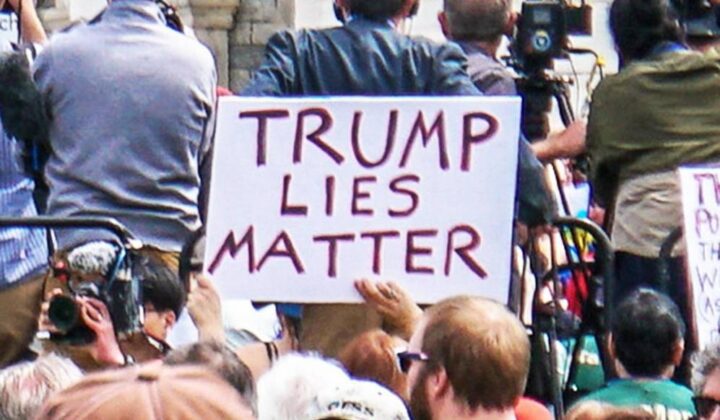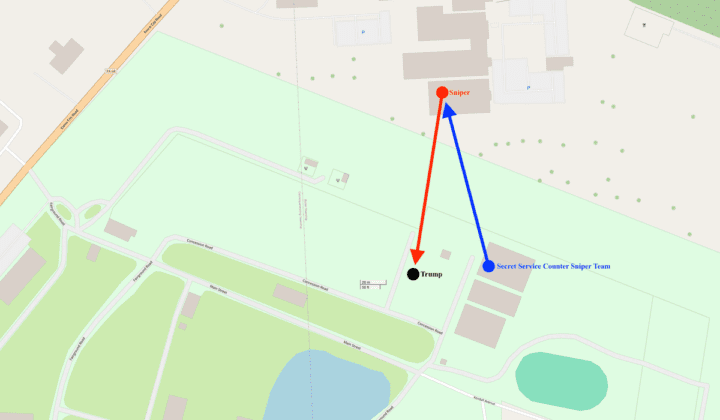In our piece on the COVID lab leak theory from June, we pointed out how a spokesperson for the Chinese foreign ministry responded to allegations against the Wuhan Virology Institute by turning them around on the U.S. and suggesting that the virus actually escaped from Fort Detrick in Maryland. Lately, the Chinese government has doubled down on this redirection tactic regarding human rights abuses.
As the international community condemns China for its genocide against the Uyghur people of Xinjiang, China has answered using its state-run, English-language propaganda mill the Global Times. The site has run more than a dozen articles suggesting that Western countries––Canada and the United States foremost among them––are the true perpetrators of global human rights violations.
In an article on the Tulsa Race Massacre, the author wrote that “U.S. society today still witnesses extensive violation of human rights.” In another, the author declared that “The US human rights record shows that its human rights are only about protecting the white people’s interests.” By opposing China’s policies in Xinjiang, an editorialist asserted that “Blinken and some other US politicians are standing opposed to all people in Xinjiang and even the ethics of the entire human race.” In ironic terms apparently lost on the propagandists, another piece described anglophone countries as inherently racist because “brutality against indigenous people is embedded in the genes of the Anglo-Saxons.”
Most absurdly, the Global Times published a piece entitled “Slow rescue of Miami condo collapse shows ‘beacon of human rights’ is falling.” The author declares that “The US’ human rights fairy tale cannot hold water anymore. No matter how Washington brags, the results show the US’ attention has not been devoted to the basic protection of people’s lives.” Conversely, “China’s human rights view has effectively guaranteed people’s well-being and prosperous life.”
Clearly, the West has struck a nerve.
Why is China responding like this?
Labeling accusers as hypocrites, and turning the West’s language against itself is a tried-and-true formula popularized by the Soviet Union. This practice, known as “whataboutism,” draws its name from Soviet officials responding to criticism with “What about in America, where they…” Rather than having to prove the accuser wrong, a propagandist can simply say that what they’re doing is no worse than what their accuser is doing. Almost always, it relies on a false equivalence.
Brushing aside the active genocide against the Uyghurs, Chinese state propagandists have dragged up a century-old race massacre, Jim Crow, Canadian Indian residential schools, slavery, and the colonization of the Americas. Of course, all these things did happen, and they were terrible. But none of them are ongoing, their cruelty is not meaningfully contested, and, most significantly, we discuss them. On the other hand, the Chinese government “launched a hotline in April for netizens to report other social media users who ‘distort’ the party’s history or attack its leadership” and pulled two million social media posts for breaking from the party line, according to Freedom House. While we have debate and reconciliation, they have evasion and censorship.
The Chinese government realizes that it can’t completely refute allegations substantiated by mountains of evidence. The Uyghur genocide is, after all, an inescapable reality. What it can do is promote a false equivalence so that the United States appears to only support human rights in order to defame China. It might not convince us, but it undoubtedly influences millions who interact with the propaganda. As a result, it’s the obligation of democracy advocates everywhere to resist those false equivalences and ensure that the West remains a global beacon for human rights.





